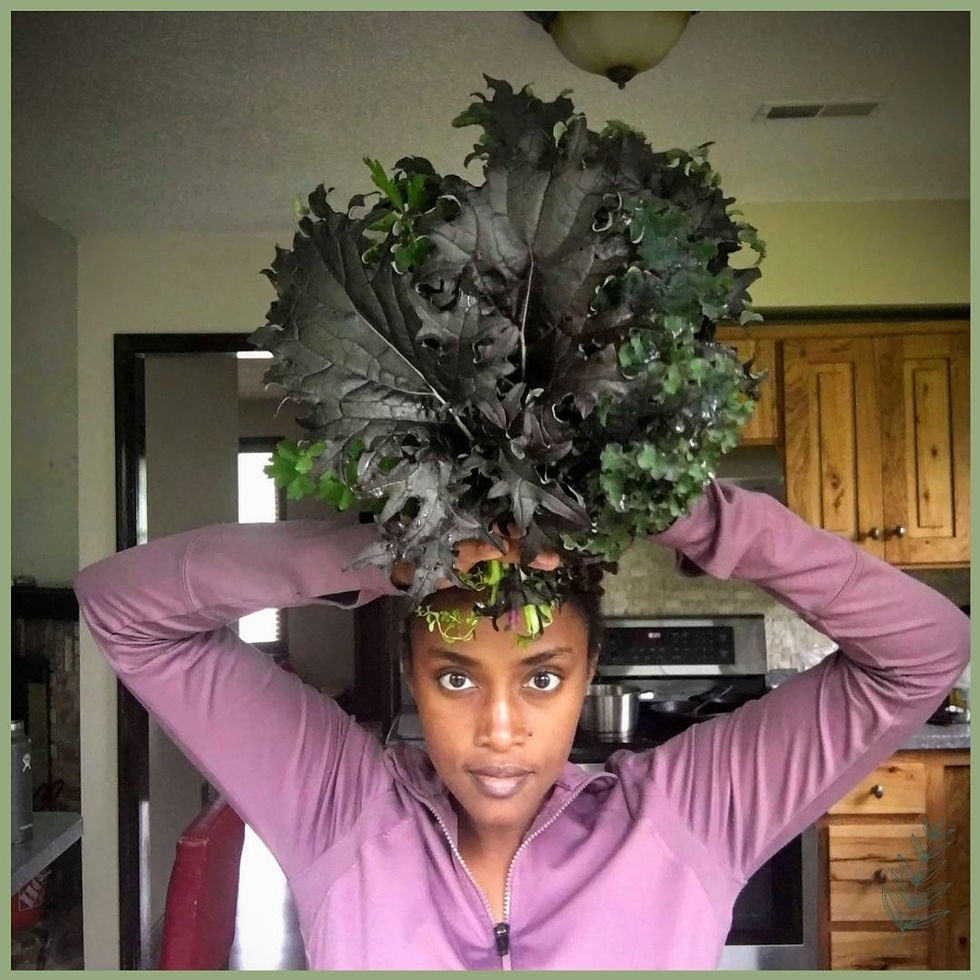3 Steps to Determining Your Niche
- Devon Brown Founder and CEO

- Nov 14, 2024
- 3 min read
Determining your niche is simpler than it seems – it’s about finding the cross-section of what you want to talk about, what you’re qualified to talk about, and what people want to hear. By narrowing your focus, you’ll attract an audience that resonates with your message and values your expertise.

Here's a straightforward approach to help you identify your niche:
How do I determine my niche? Step #1: Decide Who You Are Talking To
Start by identifying your ideal audience. Think about the client or patient you enjoyed working with the most. This person serves as a prototype for your target audience and helps you define the specific group of people who will benefit most from what you have to offer.
Your niche goes beyond simple demographics; it includes their pain points, values, and the solutions they’re looking for.

Margaret is a functional nutritionist. One topic that always received a lot of engagement when she posted was joint pain and arthritis. This topic is particularly close to her because she and members of her family suffer from it IF they don't follow the diet.
What are the three factors that a niche includes?
Step #2: Maximize Your Expertise for Excellent results
Your niche is built on:
-Your passion, -Your expertise and -Your audience's needs. To find your niche, think about what you can discuss in-depth without extensive research. This might be a topic that excites you or an area you’ve developed mastery in over the years. This focus is what helps you stand out and makes you a go-to source in your field.
Our client Morganne found her niche when the video above went viral. Morganne is a therapist, vegan and a former competitive body builder. She talked about how the types of you eat affect your mood and the internet blew up. This is the perfect intersection of passion, expertise and audience needs
How do I narrow my niche down? Step #3: Use Content to Test and Refine
One of the best ways to refine your niche is by creating content. Posting consistently allows you to test your ideas and receive real-time feedback from your audience. This process of trial and error helps you understand what resonates and where your strengths lie. Content is like a virtual resume – it showcases your voice, your knowledge, and your unique approach to your topic.
FAQ's
What is your niche example? A niche example for a therapist might be helping young professionals manage work-related anxiety or specializing in trauma recovery for women of color. Each niche is a specific focus that combines the therapist's expertise with the needs of a particular audience.
How to answer "What is your niche?" To answer this, you could say something like, "I help [target audience] overcome [specific challenge] by using [specific skills/methods]." This framework ensures you highlight both your audience and your unique approach.
What are the three factors that a niche includes?As mentioned, your niche should include: (1) what you enjoy discussing, (2) your area of expertise, and (3) what your target audience needs or desires. When these three factors align, your niche will feel both fulfilling and effective.
Find your niche meaning To “find your niche” means to identify a unique space in your industry where your skills, interests, and the needs of an audience intersect. It’s about focusing on a specific area where you can provide value and connect meaningfully with others.
How do I determine my niche in digital marketing or on social media? In digital marketing or social media, your niche might be even more specific. For example, instead of being a general fitness coach, you could focus on strength training for new moms. This specificity helps you reach the people who are most likely to benefit from your content.

Identifying your niche is an essential step in building an authentic brand that resonates with the right people. As you define your audience, focus on your expertise, and share content, you’ll naturally develop a strong sense of who you’re meant to reach. So take these steps, stay consistent, and watch as your audience grows around your unique strengths and passions.







Comments